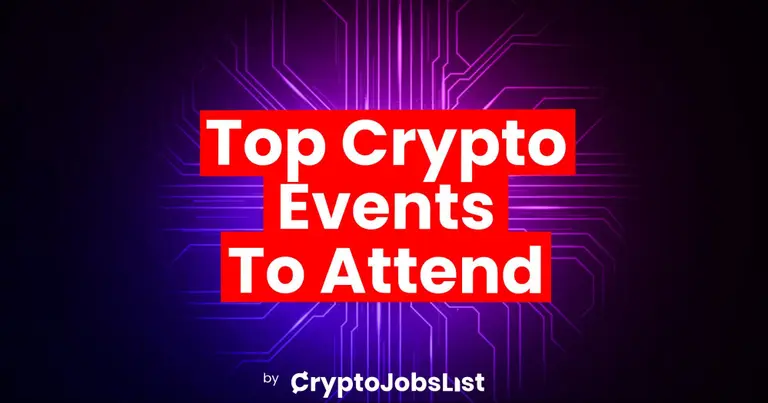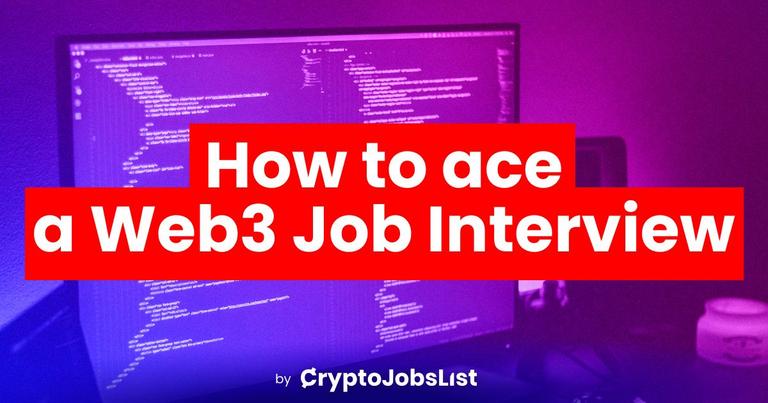KEY TAKEAWAYS:
- Negotiating salary can boost your offer by an average of 7.4%.
- Salary discussions set the stage for future earnings and professional relationships.
- Emotional preparation is key for effective negotiation.
- Researching crypto salary trends helps price yourself accurately in the market.
- Preparation involves thinking through negotiation scenarios and justifying your worth.
- Being specific with salary numbers or ranges improves negotiation outcomes.
- Benefits negotiation extends beyond salary to perks that enrich your career.
- Top benefits to consider include bonuses, paid time off, and professional development funds.
- Ensure the final offer, including salary and benefits, is documented.
“Everything is negotiable. Whether or not the negotiation is easy is another thing.” – Carrie Fisher
Got a job offer and struggling to find a perfect strategy to negotiate salary and job benefits?
Salary negotiation is never easy. You have to accept that.
Done? Great, now we’ll help you prepare for salary negotiation, teach you how to cope with your emotions and give you some tips on how to discuss your compensation package confidently and skillfully without being pushy.
Why You Need to Master Negotiating a Job Offer and Talking Money
Here’s why it’s worthwhile to use the winning strategies for higher salary negotiation and improve your negotiating skills:
- You can raise the sum you’ve been offered by 7.4%, on average.
- Your salary for this post will define your earnings at the next job.
- Your employer gets a more profound understanding of how much you can contribute to the team and what value you’ll add to the company.
- You build professional relationships, trust & transparency, discussing money openly.
But how can you feel free to talk about salary with your employer and avoid being drowned in tons of money-related aspects? Take advantage of our hands-on tips and expert advice below.
5 Tips On How To Negotiate Your Salary After A Job Offer
Grab these five proven tips on how to negotiate your pay rate like a pro:
1. Accept and manage your emotions
Do you feel anxiety and unease when you try to negotiate a starting salary with the hiring manager or recruiter?
A silly question. Of course, you do. Especially if it’s your first job in Crypto. Even if not, you must be worried about the outcomes of your salary talk with the employer.
“You can’t simply block anxiety or get rid of apprehension. But you can get emotionally prepared to handle the discussion about your pay rate,” says Logan Mallory, VP of Motivosity.
“Obviously, fear demotivates you and kills resourcefulness. However, you can answer certain questions and take some action depending on your responses,” he continues.
Here’s a list of questions from Logan Mallory to answer, when preparing for salary negotiation on the emotional level:
- What is it that you fear the most about the conversation?
- What is the percentage that what you apprehend will definitely happen? If it’s less than 2%, forget about your concern. If more – answer the next question.
- What can you do about it? (“Nothing” is not an answer.)
- Have you done everything to eliminate the possibility of it happening? If no – do it and make every effort to get ready for constructive dialogue.
“The most difficult thing in any negotiation, almost, is making sure that you strip it of the emotion and deal with the facts.” – Howard Baker
2. Research crypto salary trends and price yourself in the crypto market
Examine the salary ranges in cryptocurrency related job categories and particularly in the one your job offer relates to.
If you have a closer look at blockchain salaries, you’ll discover the following salary estimates:
- Average salary: ~ $92,000 per year
- Bottom 10%: ~ $23,000 per year
- Top 10%: ~ $165,000 per year
But these are only approximate numbers. Meanwhile, you need to determine your individual rates for a specific crypto job. To start with, calculate your hourly rate.
Now, there’s only one more thing to decide on: are you ready to accept pay in cryptocurrency?
3. Think through some typical salary negotiation scenarios
Peer into the clear-cut instructions on what to say in different salary negotiation situations.
In addition, according to Brian Dechesare, Founder & CEO of BIWS, “It’s highly advisable that you should prepare a list of money-related questions and arguments, in case you’ll need to bargain. Write them down and have this list at your disposal during an interview. Be ready to make a counteroffer, if necessary. There’s nothing shameful in recognizing and justifying your worth as a worker.”
4. Justify your worth
How valuable are you as a worker in the blockchain market?
Check whether you have all the skills in demand for NFT jobs, for example, if that’s your case.
Speaking about your qualifications and a unique skill set with an interviewer, you should sound confident and control your body language. Be persuasive and back up your skills with examples. Crucially, make sure to refer to the proof of your expertise in crypto, i.e. your on-chain resume.
Show respect, politeness and optimism during this conversation. Turn negotiation into collaboration to achieve an agreement on win-win terms. That’s what Tori Dunlap did. The millennial money and career expert got $10,000 more when she negotiated her salary offer.
5. Talk exact numbers or give a range
Do you know what makes a good candidate in the crypto space?
The ability to outline your salary expectations precisely.
“The more specific you sound about your expected wages, the more likely you’re going to have a desirable number at the end of your salary negotiation,” believes Nate Tsang, Founder & CEO at WallStreetZen.
“Don’t use vague phrases like “I don’t know”, “Maybe”, “I’m not sure what I can say about this matter”, “I haven’t thought about it”, etc. They illustrate your poor preparation and demotivation,” he adds.
However, you should mind that round prices may not always do you good. For example, it’s better to say $84,750 rather than $84,000, because precise offers have more potential. They make your employer believe that you have done sufficient research on this topic and agree on the closer number to the one you mention.
Negotiating Job Benefits: What & How to Discuss
“Salary negotiations shouldn't be limited to just salary. Salary pays your mortgage, but terms build your career.” – Christopher Voss
When it comes to negotiating a job offer, not only are the wages of high importance, but also some additional advantages and rewards in the workplace.
Read on to find out what you may discuss without shame or fear and how to do it adequately.
Top 5 Employee Benefits You should Consider
Even if it’s an entry-level cryptocurrency job, don’t shy away from discussing the top valuable perks that crypto companies may offer to employees:
- Different bonus types
- Paid time off
- Paid parental and sick leave
- Fund for professional development & education
- Long-term incentives (stock options, student loan repayment, etc.)
How to Talk about Job Benefits And Perks
Now that you’re aware of the most widespread job benefits, it’s high time to confer about those during a job offer negotiation:
Examine the employee benefits package
Ask your employer to send you a copy of this package beforehand to have some time to look it through.
Identify potentially negotiable benefits
Once you’ve seen the collection of non-wage compensation, mark some areas that need clarification and prepare to discuss them substantiating your wants and needs with reasons.
Substantiate your points
For example, explain how your employer may benefit, if s/he invests in your professional & personal growth and pays for your blockchain courses.
Get the final offer documented
Both your salary offer and the discussed list of benefits should be documented to have official proof of your agreement.
Frequently Asked Questions
Q1. What should you do after receiving a job offer?
After receiving a job offer, take time to carefully review the details, including salary, benefits, and job responsibilities. It's important to evaluate how well the offer aligns with your career goals and expectations before responding.
Q2. When should I negotiate my salary?
You should negotiate your salary after receiving a job offer but before accepting it. This is when you have the most leverage to discuss your compensation based on your skills, experience, and the value you bring to the company.
Q3. What are some other areas I can negotiate besides salary?
Besides salary, you can negotiate job benefits such as flexible working hours, remote work options, professional development opportunities, additional vacation time, signing bonuses, and health insurance benefits.
Wrapping Up: How to Negotiate Salary & Benefits Fruitfully
In the era of the digital revolution, the cryptocurrency job market is exploding with offers. And once you’ve got one, your first and foremost thing to do is to learn how to talk about your pay rate to get the compensation you well deserve.
In this article, we have provided some must-try tips on how to get ready for the process of negotiating salary and handle it professionally.
Approach salary negotiation with caution and get a reasonable pay in accordance with your skills and qualifications.
Good luck and get the best salary!








